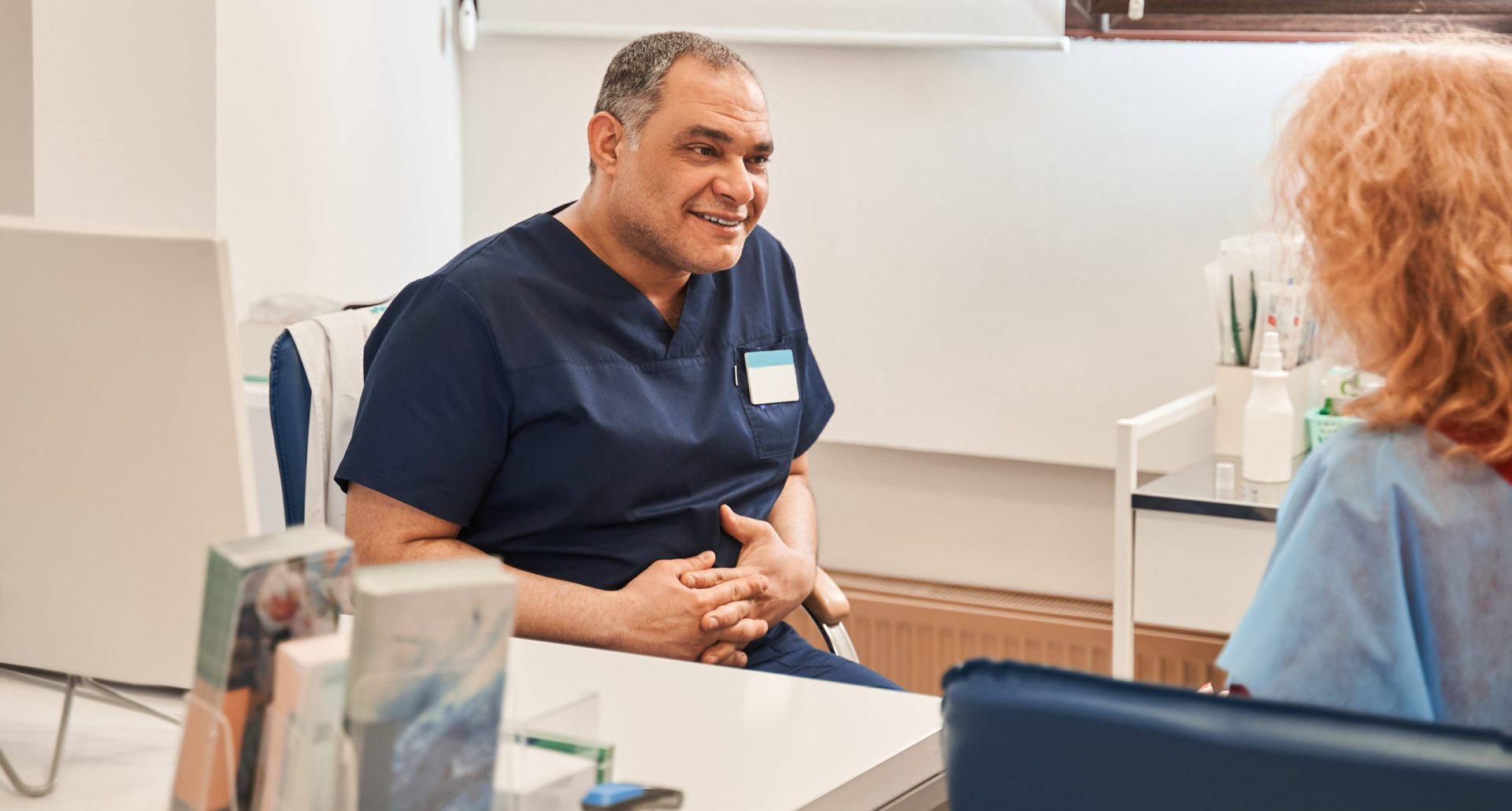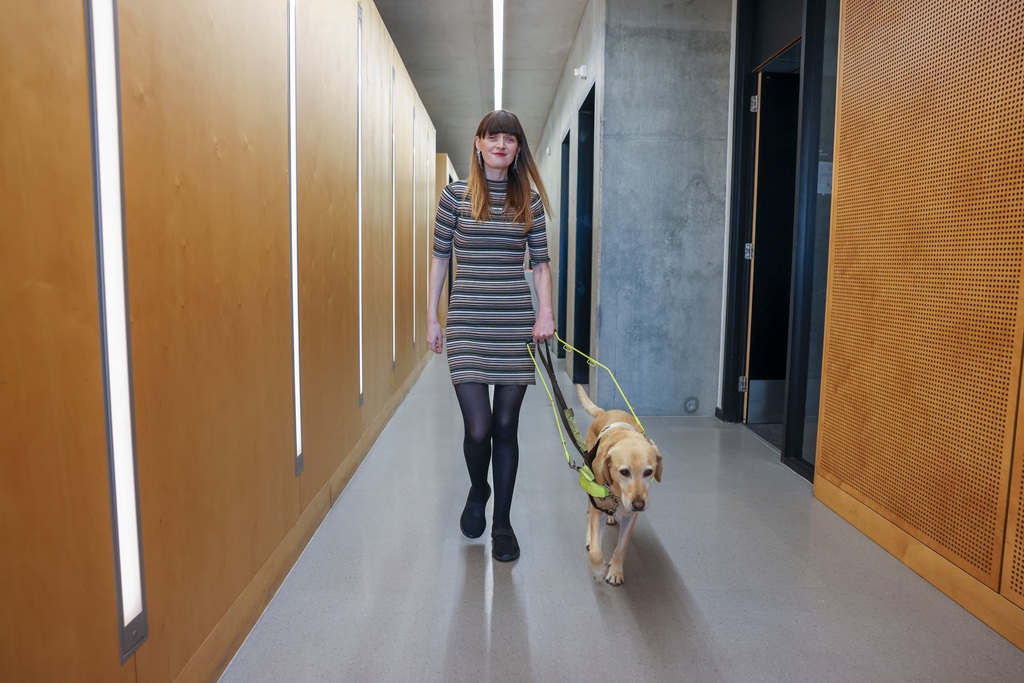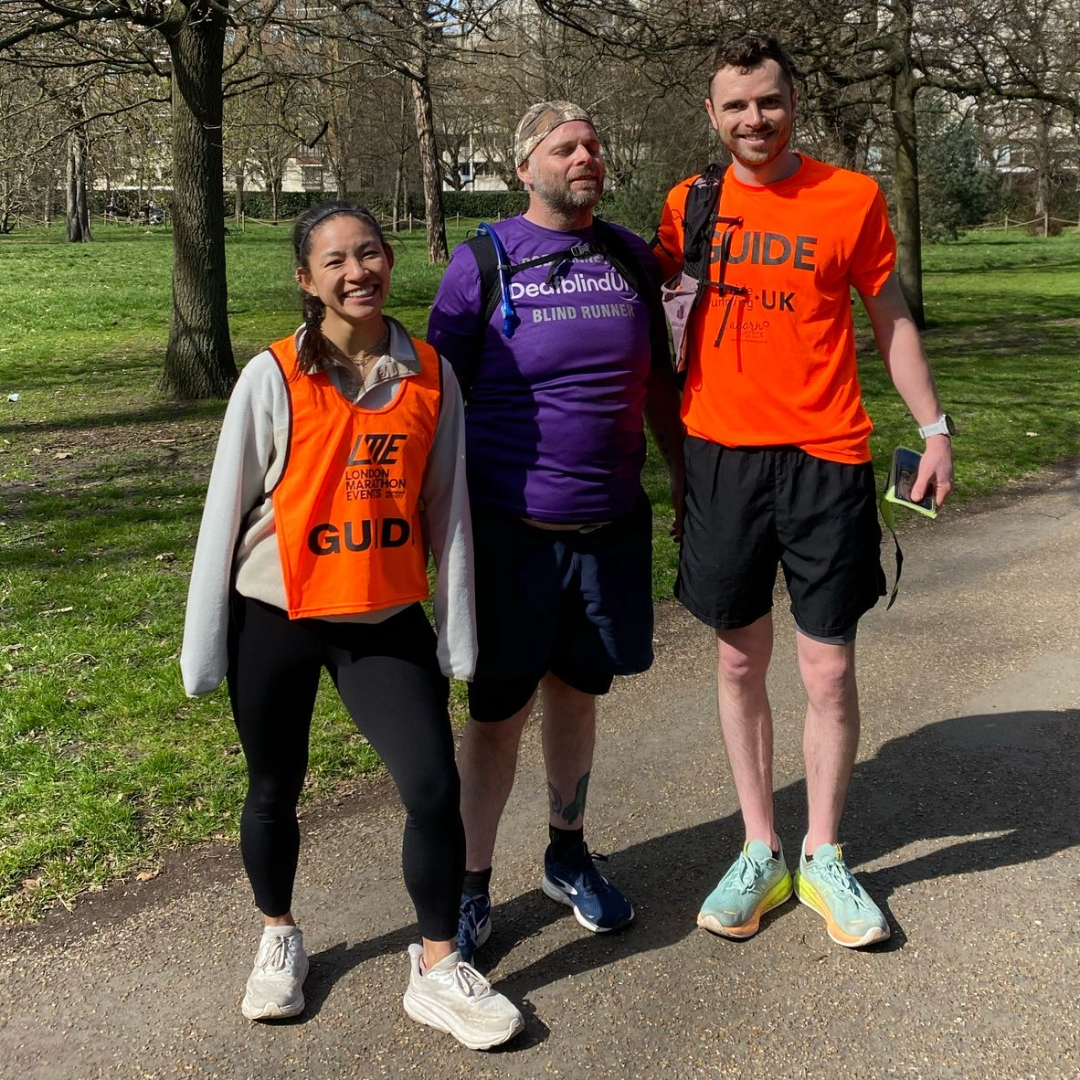Navigating communication challenges in healthcare

Going into the hospital for any amount of time can be a scary prospect, whether it’s a pre-planned appointment or an emergency.
Being unable to clearly see who is at your bedside or hear what you’re being told, can seriously add to the anxiety of being in the hospital and before you know it, you’re being prodded, pricked and brought cups of tea and soggy biscuits!
Did you know back in 2017, revised versions of the Accessible Information Standard (AIS) were introduced to stop these problems? The AIS is a set of rules that all healthcare providers should stick to, to help everyone access the information they need, in a way they can efficiently understand it.
More information about the Accessible Information Standard from the NHS can be found here.
The Standard says that patients, service users, carers and parents with a disability, impairment or sensory loss should –
- Be able to contact, and be contacted by, services in accessible ways, for example via email or text message.
- Receive information and correspondence in formats they can read and understand, for example in audio, braille, easy read or large print.
- Be supported by a communication professional at appointments if this is needed to support conversations, for example, a British Sign Language interpreter.
- Get support from health and care staff and organisations to communicate, for example, to lip-read or use a hearing aid.
In addition to this…
The Equalities Act (2010) places a statutory duty on healthcare settings to provide interpreters when needed. Yet our members are still telling us about difficult experiences during hospital stays, and not having access to information in the way they need.
We all know it shouldn’t be like this.
A lack of awareness of deafblindness, combined with an overstretched NHS leaves us in a difficult place. Thankfully, Dr Annmaree Watharow made some handy recommendations for hospital stays at the recent Deafblind UK Conference. She suggests keeping a pre-packed hospital bag in your home so that you – or someone else – can quickly grab it.
Your pre-packed hospital bag should contain –
- Printed copies of information about your personal communication preferences.
- Printed medical information about you, such as any allergies, emergency contacts and blood group.
- Flashcards to help you and the medical staff communicate.
- The classic, a good old notepad and pen!
For support or further information, contact our helpline on 0800 132 320 or email [email protected].
Let’s keep in touch!
Join our mailing list and we will keep you up to date about our projects and opportunities to get involved with Deafblind UK.
More Articles

Bridging the Employment Gap for People with Deafblindness
Together, we can help close the employment gap and ensure that people with dual sensory loss have every opportunity to...

Meet the creator behind the new Blind Naked Calendar!
Megan from our fundraising team chatted with Blind Naked Calendar creator, Josephine, to find out about her life as someone…

London Marathon 2025 – meet our runners!
The countdown is on! The TCS London Marathon 2025 is fast approaching, and our incredible #TeamDeafblindUK runners are lacing up…
